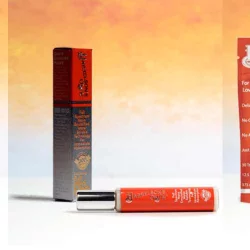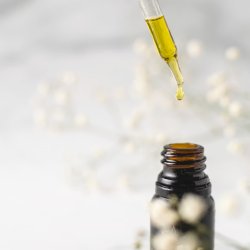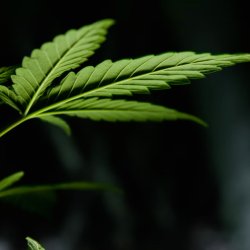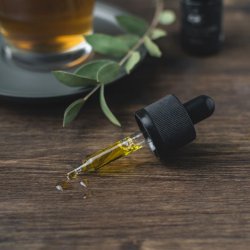CBD Oil and its Potential in Sports Recovery
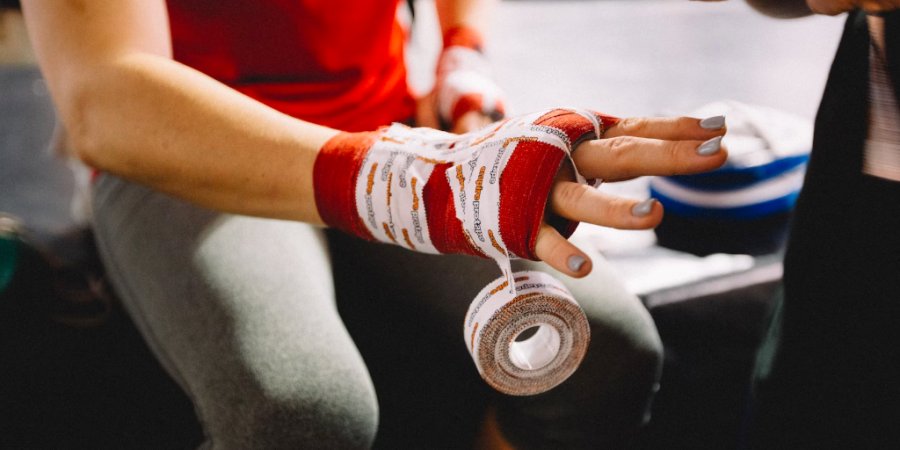
In the realm of sports and athletics, recovery is paramount. As athletes push their bodies to the limit, the need for a quick and efficient recovery becomes essential. Enter CBD oil—a natural compound that's making significant strides in the world of sports recovery. Let's delve deeper into understanding CBD oil's potential role in aiding athletes.
A Closer Look at CBD
CBD, or cannabidiol, is a compound extracted from the cannabis plant. It's one of over a hundred cannabinoids in cannabis but stands out due to its potential therapeutic benefits without the psychoactive effects commonly associated with THC (tetrahydrocannabinol).
The Endocannabinoid System
Our bodies have a complex system known as the endocannabinoid system (ECS), which plays a role in regulating various functions, including pain, mood, and sleep. CBD interacts with the ECS, which is believed to be the reason behind its potential therapeutic effects.
The Rigors of Athletic Training and the Need for Recovery
Athletic training often involves rigorous routines, leading to muscle wear and tear. This physical stress results in inflammation, a natural response that aids in muscle repair. However, excessive inflammation can delay recovery and lead to pain and discomfort.
The Role of Rest and Nutrition
Apart from active interventions like using CBD oil, rest and nutrition play a pivotal role in sports recovery. A balanced diet and adequate sleep ensure that the body has the necessary resources to repair and rebuild.
CBD Oil's Potential in Sports Recovery
Combatting Inflammation
CBD oil's anti-inflammatory properties are perhaps its most significant asset for athletes. By potentially reducing inflammation, CBD oil can accelerate the recovery process, ensuring athletes are ready for their next challenge.
Natural Pain Relief
Pain is a common aftermath of intense physical activity. While over-the-counter pain relievers are an option, they come with potential side effects. CBD offers a natural alternative, providing pain relief without the usual side effects of traditional medications.
Enhancing Sleep Quality
Recovery isn't just about what athletes do post-workout; it's also about the quality of rest they get. CBD oil has shown promise in improving sleep quality, ensuring athletes get the deep, restorative sleep they need.
Mental Well-being and Performance
The mental toll of sports can't be ignored. From performance anxiety to the stress of competition, athletes face numerous mental challenges. CBD's potential anti-anxiety and mood-enhancing properties can help athletes maintain a positive and focused mindset.
Additional Considerations
Doping Concerns and Regulations
Athletes need to be aware of doping regulations in their respective sports. While CBD is generally accepted, THC is not. It's crucial to choose CBD products that are free from THC to avoid potential doping violations.
Dosage and Administration
Finding the right dosage is essential. Athletes should start with a low dose and adjust based on their body's response. Additionally, the method of administration—whether oils, tinctures, or topicals—can influence the effects.
Frequently Asked Questions (FAQ) about CBD Oil and Sports Recovery
1. What is CBD oil made from?
Answer: CBD oil is derived from the cannabis plant. It's extracted from hemp or marijuana plants and then diluted with a carrier oil like coconut or hemp seed oil. The primary active ingredient is cannabidiol (CBD), which is non-psychoactive, meaning it doesn't produce a "high."
2. How does CBD oil differ from marijuana?
Answer: While both CBD oil and marijuana come from the cannabis plant, they have different THC (tetrahydrocannabinol) content. THC is the compound responsible for the psychoactive effects or the "high" associated with marijuana. CBD oil typically contains little to no THC, focusing on the therapeutic benefits of CBD instead.
3. How can athletes use CBD oil for recovery?
Answer: Athletes can use CBD oil in various forms, including tinctures, capsules, topicals, or edibles. Depending on the desired effect, they might ingest it, apply it to sore muscles, or even use it in post-workout smoothies.
4. Are there any side effects associated with CBD oil?
Answer: While CBD oil is generally considered safe, some users might experience side effects like dizziness, dry mouth, changes in appetite, or diarrhea. It's essential to start with a low dose and monitor your body's response.
5. Is CBD oil legal for athletes to use?
Answer: The legality of CBD oil varies by country and even by state in the U.S. In general, hemp-derived CBD oil with less than 0.3% THC is legal in many places. However, athletes should check the regulations of their specific sports organizations, as some may have restrictions on CBD use.
6. How long does it take for CBD oil to work?
Answer: The onset of effects can vary based on the method of consumption. For instance, sublingual (under the tongue) administration might produce effects within 15-45 minutes, while topicals can take longer. It's essential to give the body time to absorb and react to the CBD.
7. Can CBD oil interact with other medications?
Answer: Yes, CBD oil can interact with certain medications, especially those that come with a "grapefruit warning." It's crucial to consult with a healthcare professional before combining CBD oil with other medications.
8. How should athletes store CBD oil?
Answer: CBD oil should be stored in a cool, dark place, away from direct sunlight. Proper storage ensures the oil maintains its potency and effectiveness.
Wrapping Up
The world of sports is always evolving, with athletes and trainers constantly searching for the next best thing in recovery and performance. CBD oil, with its myriad of potential benefits, is poised to be a significant player in this domain. As research continues and as more athletes share their positive experiences, we might see CBD oil solidifying its place in the world of sports recovery.
More to Read:
Previous Posts:
